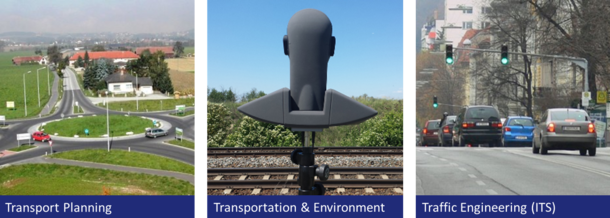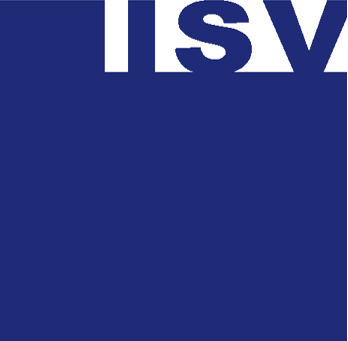Research Topics

Transport Planning: We set up transport plans for cities and regions as well as innovative mobility solutions for the cities of the future. Different methods such as traffic measurements, revealed and stated preference surveys are applied to learn about travel patterns. We are team members of research groups which focus on new technologies such as Floating Phone/Car Data to generate mobility raw data. The data is used to calibrate and validate different types of travel demand models for current and forecasted scenarios. We apply the commercial travel demand software VISUM, the agent-based simulator MatSIM and GIS-software to set up multimodal road- and rail based transport models. These software products are added by additional functionality to model also new transport systems such as car&bike sharing as well as ropeway systems.
Transportation and Environment: Guidelines on noise are based on performance measures which can be measured by physical values. Within the laboratory Noise is one of the most often reported negative environmental effects of traffic. Our research focuses on the improvement of sound analysis to grasp in particular the subjective effects. In addition characteristics of the psychoacoustics are measured and quantified trying to build better noise prevention measures. Embedding improved models of aerial pollutants within traffic modelling is also part of this research field.
Traffic Engineering (ITS): Since the road infrastructure will not be extended by the same rate as traffic demand increases, measures are being developed to optimize traffic flow on the existing road network. The control logic of well-established control devices like traffic lights are continuously refined as well as new device as ramp metering and variable message signs are being developed. Furthermore Intelligent Transport Systems (ITS) searches for methods to influence traveler choices by pre-trip and on-trip information. New methods of information becomes viable due to new telecommunication devices. At the institute we are looking for new algorithms to utilize new information technology to improve traffic conditions on urban and interurban roads.
